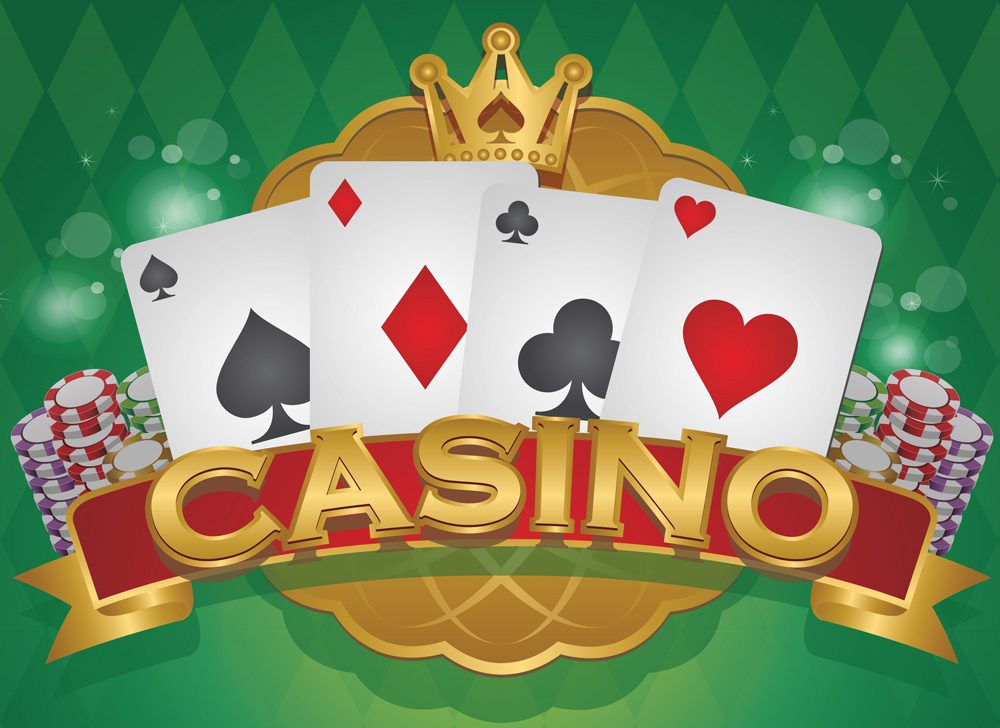
Casino gaming has long been a subject of fascination and debate, attracting millions of players around the world. With a mix of chance, skill, and the thrill of uncertainty, casino games offer an exhilarating escape from everyday life. However, as entertainment becomes ever more available, it invites a deeper examination of the ethical implications surrounding these games. MM88
At the heart of the debate lies the issue of whether casinos promote responsible gaming or exploit at-risk individuals. The appeal of potential winnings versus the reality of losses can create a challenging dynamic, and understanding this balance is crucial for both players and operators. As we delve into the ethics of casino gaming, we will explore the duties of casinos, the effects on society, and the measures that can be taken to foster a better gaming environment.
The Impact of Casino Gaming on Society
Casino gaming has a considerable influence on societal dynamics, affecting not only the economy but also interpersonal dynamics and local frameworks. The revenue generated from casinos can lead to employment opportunities and boost regional economies, as they provide multiple employment opportunities in multiple fields including food and beverage, leisure activities, and retail. However, while the financial benefits can be substantial, communities often struggle with the potential negative impacts that arise from higher gambling activity.
Moreover, the presence of casinos can lead to an rise in gambling addiction, presenting serious challenges for individuals and families. The excitement of casino games can quickly transform into a habitual habit, affecting connections with others and leading to monetary issues. Many individuals may find it difficult with the loss of control over their gambling habits, resulting in a need for assistance programs and interventions to address this growing issue. The social cost of gambling addiction can extend through families and neighborhoods, creating an urgent need for sensible gambling approaches.
In addition to the economic and social consequences, casino gaming often showcases cultural attitudes towards risk and entertainment. It can encourage a sense of joy and leisure, attracting visitors and boosting local travel. However, this allure may also conceal the broader implications of gambling as a method of entertainment, provoking ethical questions about its promotion and accessibility. As communities weigh the advantages and drawbacks of casino gaming, the need for responsible practices and regulation becomes increasingly critical in ensuring that the positive aspects are maximized while minimizing the negative effects.
Ethical Issues in Gambling Practices
The ethics of casino gaming often center around the potential for addiction and its consequences on individuals and families. Betting can lead to significant monetary distress, impacting not only the betters but also their families. As people become entrapped in the appeal of winning, many lose sight of their financial limits, which can result in catastrophic outcomes such as insolvency. This poses moral questions about the duty of gambling establishments in fostering safe gaming habits and providing support for those who may be struggling with betting addiction.
Another critical concern is the advertising of betting to vulnerable populations. MM88 Casinos often target low-income individuals or communities with the promise of fast gains, which can continue patterns of financial struggle and hopelessness. In this situation, the morality of advertising strategies used by casinos come under scrutiny, as they may take advantage of the desperation of individuals seeking an way out from economic troubles. This exploitation raises moral questions about the integrity of the gambling industry and its responsibility to safeguard its most vulnerable customers.
Additionally, the effect of casino operations on the community as a whole cannot be ignored. While some argue that gambling establishments create employment and boost local economies, others point to the social costs associated with problem betting, increased crime rates, and a burden on public services. Balancing economic benefits with the risk for social harm presents a complex ethical dilemma for policymakers and gambling operators alike. The challenge lies in finding a ethical approach that prioritizes the welfare of people and communities while still permitting for the enjoyment of gambling activities.
Regulatory Framework and Responsibilities
The legal framework surrounding casino operations is designed to ensure equity, honesty, and gambler safety. Various government agencies and casino commissions set and enforce regulations that dictate how gambling games work, the standards for game development, and the procedures for managing rewards. These regulations change by region but commonly involve permit requirements for businesses and strict measures to avoid fraud and scams.
In furthermore to oversight bodies, gaming operators bear considerable accountability in maintaining ethical standards within their facilities. They must adopt ethical gaming practices that promote player protection and education, including offering self-exclusion options and providing information about the risks related to gaming. Casinos are also obligated for training staff to recognize signs of compulsive betting and know the proper steps to assist patrons in distress.
Furthermore, clarity in casino operations is vital for building and keeping public trust. Gaming establishments should provide clear details about the chances of activities, marketing deals, and any associated dangers. By creating an environment of integrity and trust, casinos can help lessen the possible harmful impact of gambling while boosting the complete gambling experience for all participants.